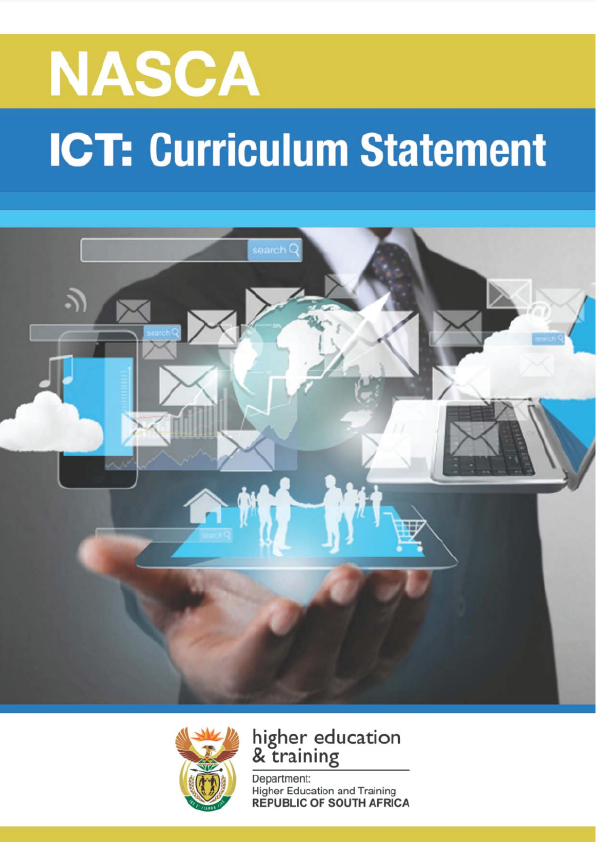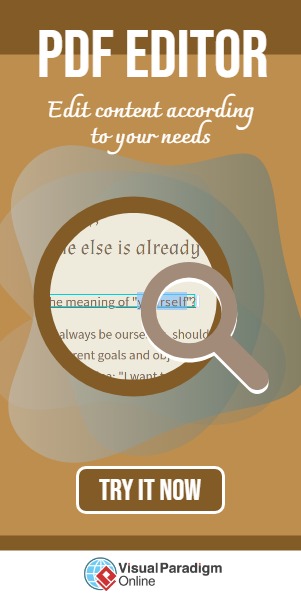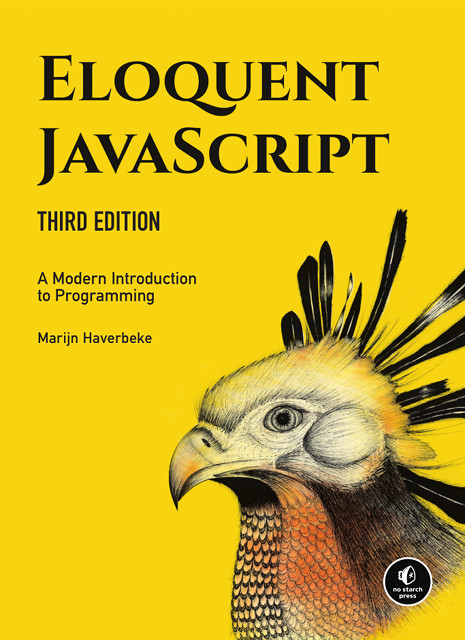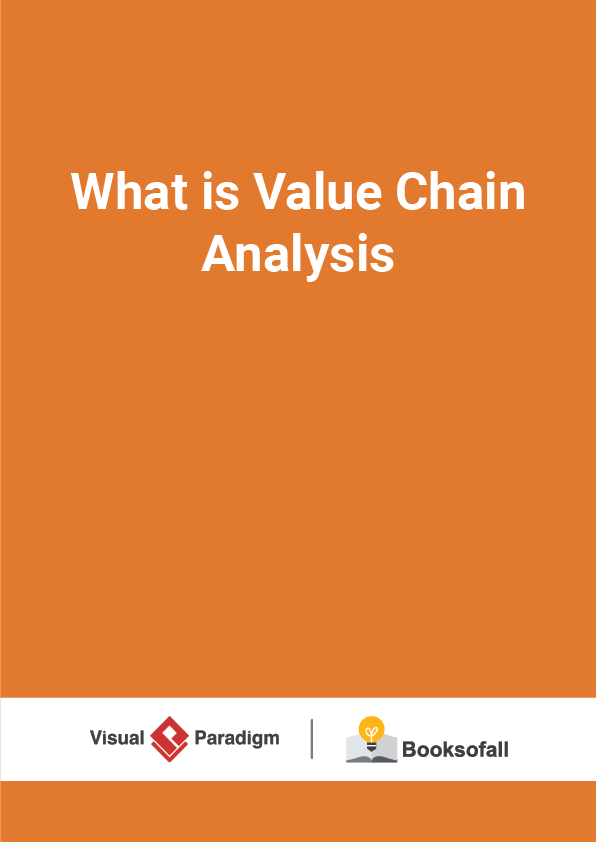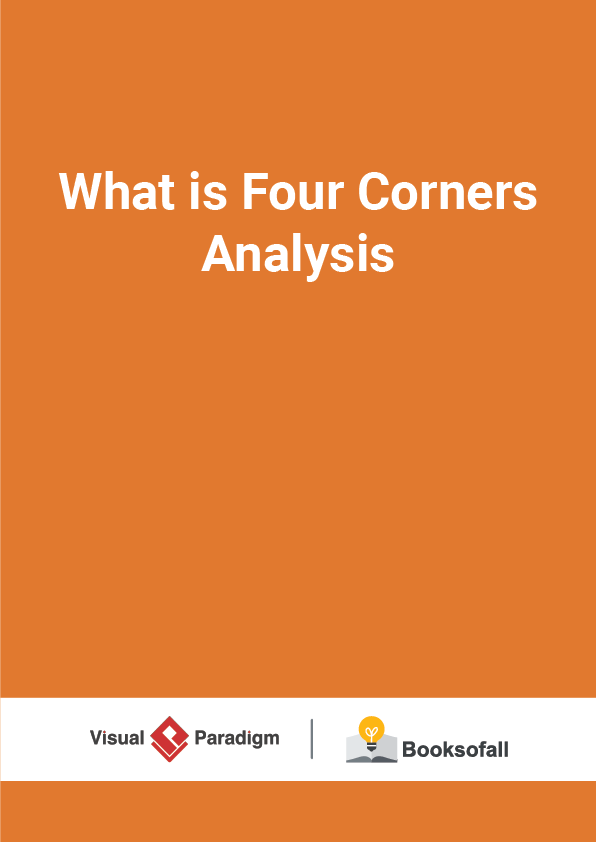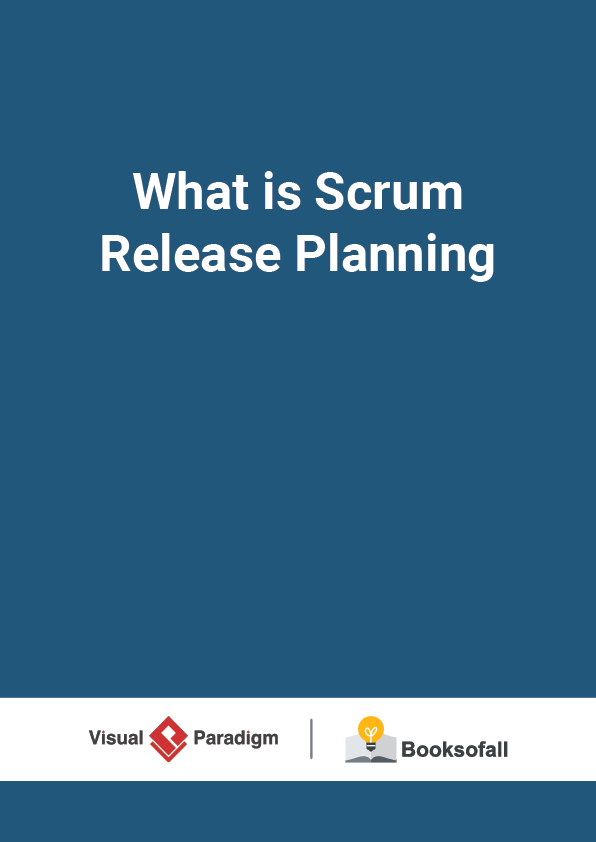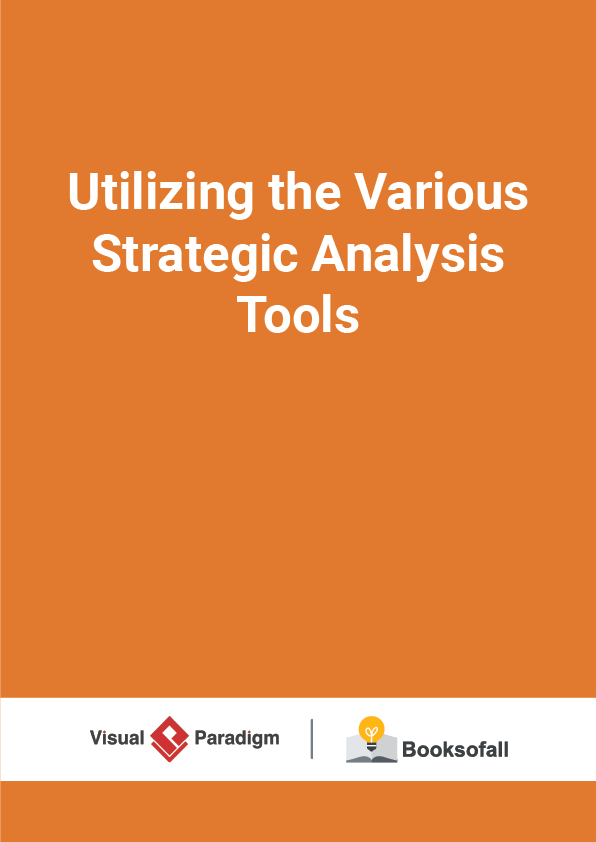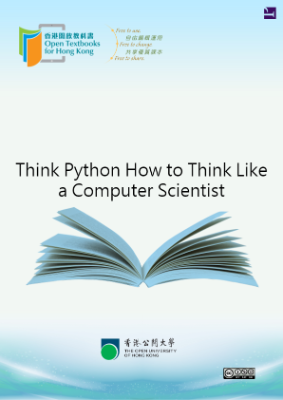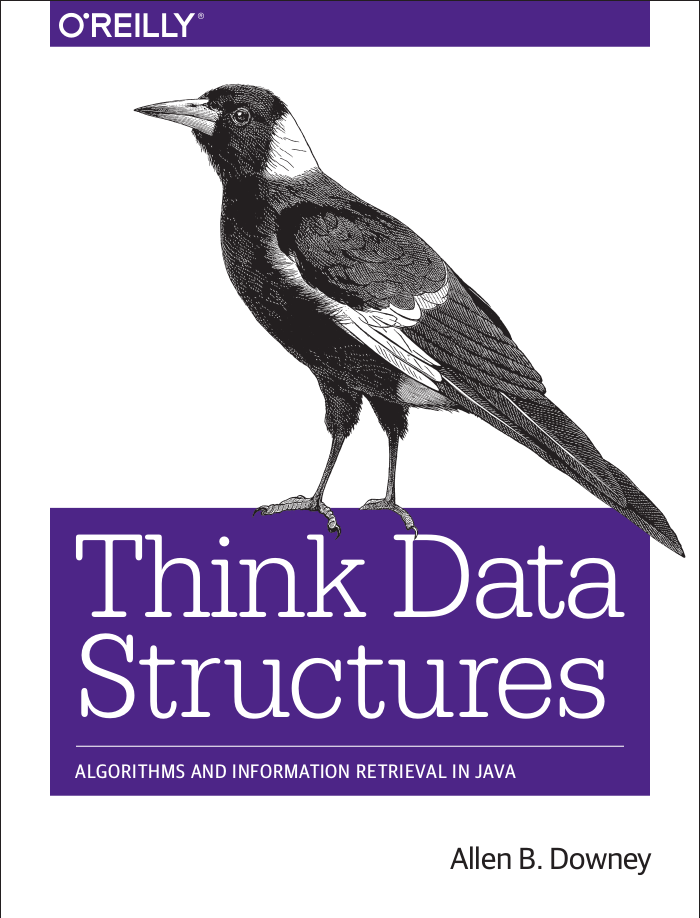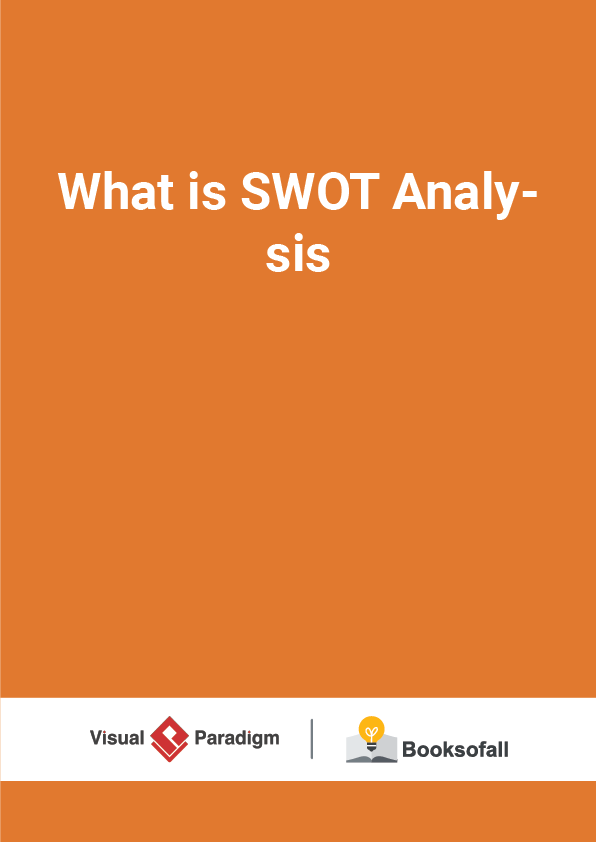Section 1: Subject Introduction
Background
The Information and Communication Technology (ICT) subject is an additional subject of choice, with a 30-credit weighting; and that the external examination for the ICT subject will be set and administered by DHET or by an accredited private assessment body and certified by Umalusi and that only the external examination mark will be considered for certification.
Overview
The subject ICT is the study of the various interrelated physical and non-physical technologies used for the capturing of data, the processing of data into useful information and the management, presentation and dissemination thereof. It also include the activities that deal with the solution of problems through logical and computational thinking. It incorporates the study of the integrated components of a computer system (hardware and software) and the practical techniques for their efficient use and application to solve everyday problems. The solutions to problems are designed, managed and processed via end-user applications, software development tools (including visual programming tools) and communicated using appropriate Information and Communication Technologies (ICTs). ICTs are the combination of networks, hardware and software, as well as the means of communication, collaboration and engagement that enable the processing, management and exchange of data, information and knowledge.
Aims
In the subject ICT a student will:
- Use end-user software applications proficiently to produce solutions to problems within a defined scenario;
- Understand the concepts of ICTs with regard to the technologies that make up a computing system;
- Understand the various technologies, standards and protocols involved in the electronic transmission of data via a computer-based network;
- Use the internet and the www and understand the role that the internet plays as part of the global information super-highway;
- Find authentic and relevant information, process the information to draw conclusions, make decisions and communicate the findings in appropriate presentation media;
- Recognise the legal, ethical, environmental, social, security and health issues related to the use of ICTs and learn how to use ICTs responsibly;
- Use appropriate techniques and procedures to plan simple solutions and algorithms to solve problems using suitable techniques and tools;
- Design a computer-based solution incorporating basic programming principles and computational thinking constructs;
- Appreciate and comprehend the various systems technologies used in the developing of a computer-based system, and
- Understand that ICT encompasses various domains and careers and provides an appreciation for each of these.
Structure of Assessment
Examinations
Paper 1: One 4-Hour Practical Paper of 180 Marks (50% of the total marks for the subject)
This will be a practically-oriented paper covering questions on the Topic of: Solution Development.
To successfully complete this paper, each student must have access to his or her own computer in the examination room. Provision needs to be made for a sufficient number of computers to enable the examination to be completed in two sittings.
This paper assesses the practical skills pertaining to Solution Development. For the application packages studied, namely word processing, spreadsheets and databases as well as for creating simple programmes using programming code constructs. These skills will be assessed in an integrated manner, based on real-life scenarios. Problem-solving and aspects of file management will form part of the application questions in this paper.
The paper will be comprised of questions based on a scenario and will cover the following content areas in an integrated manner:
- Word processing;
- Spreadsheets;
- Databases;
- Programming and algorithms;
- HTML web page design and development;
- General (the integration and application of techniques, knowledge and procedural skills to new situations).
Physical Subject Requirements
Due to the nature of the subject, students should have access to a computer which conforms to at least the minimum standard of the software requirements of the various packages used. In the subject ICT, students are required to work individually on a computer during contact time (where applicable) and need access to the Internet.
You can read through this book if you want to discover more about the topic.
